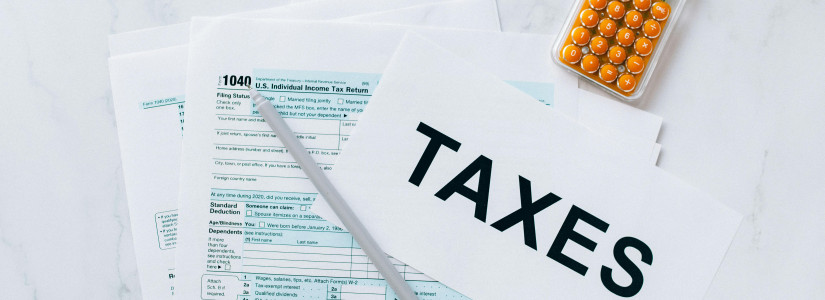Does "Gorilla Glue Girl" Have a Case in Court? Legal Experts Weigh In
Thanks to the internet, people quickly hear about all sorts of personal disasters. Every now and then, a person's struggle is just so bizarre that it ends up going viral. Gorilla Glue Girl is one such case. After hearing about her struggles with a Gorilla Glue incident gone horribly wrong, thousands of people became invested in the case. Now a few legal exports have started weighing in on whether or not she should sue.
Who Is Gorilla Glue Girl?
If you don't keep up with all the latest memes and viral videos, you may not even have heard about Gorilla Glue Girl. However, with over 3.4 million views on her original video, she's definitely an internet sensation. The whole thing took off last month when Tessica Brown posted a video asking for hairstyling help.
As the future viral star explained, she ran out of hairspray and decided to use Gorilla Glue to smooth down a ponytail instead. The end result was a fascinatingly hard and immovable hairstyle. In the video, Brown taps her head and shows how the glue has essentially transformed her hair into a helmet.
Brown turned to her internet followers for help, asking for tips on removing the glue. However, common glue removal tricks like acetone proved fruitless. She eventually learned she would need surgery to remove the glue from her hair and scalp. Though Brown started a GoFundMe to pay for the $12,000 surgery, a plastic surgeon, Dr. Michael Obeng eventually offered to help. She donated her GoFundMe to a charity and is now glue free.
Can She Sue?
The whole saga has mostly started to wind down, but it raises some fascinating legal questions. As Brown tried to find a way to pay for her surgery, the idea of a personal injury lawsuit got brought up. According to TMZ, Brown was considering suing because the misleading Gorilla Glue label never warned her to keep it away from her hair.
There is definitely precedent for people suing in similar cases. Whenever a product ends up hurting a customer, there is always a chance they may bring up a product liability lawsuit. Companies have a duty to produce a product that is safe for their customers. They are supposed to clearly explain how to use the product and warn customers about any ways of using the product that could cause harm. If a company fails to appropriately warn a customer, they may end up liable for the injured person's medical bills and other financial needs.
Personal Injury Lawyers Can't Agree
Gorilla Glue Girl's case is particularly interesting because so much of it relies on the exact wording of the warning label. The Gorilla Glue warning label says not to place the product on skin or eyes. However, personal injury lawyer Michael Mandell argues that hair is different from skin. Mandell points out that people do many things to their hair, like curl it with a hot iron or cut it with scissors, that they would not do to their skin.
Another lawyer, Adam Cahn, agrees that the label failed to protect Brown by not specifying to keep Gorilla Glue away from hair. Furthermore, he points out that the bottle seems intentionally misleading. The adhesive spray Brown used looks very similar to other skincare and hair products. With a bright orange canister, playful gorilla, and a large "multi-purpose" label, the bottle could be confusing customers.
Not all lawyers agree with Mandell and Cahn however. Helen Rella argues that the role of a warning label is not to rule out all inappropriate ways of using the product. Instead, Rella believes that the label's focus on craft-based activities makes it clear it is not meant to be used on the body.
Brown's location also plays a big role in the likelihood of a successful lawsuit. Some states have a law that prevents at-fault plaintiffs from being able to recover damages. In these regions, if the court found Brown was more that at least 50 percent at fault for the situation, she would not get any compensation. However, other states have a rule called "pure comparative negligence," where plaintiffs who are almost entirely at fault in a product liability case can still get a small amount of compensation.
Ultimately, Brown has no plans to sue. However, her situation provides some interesting insight into all the complexities of product liability lawsuits.












